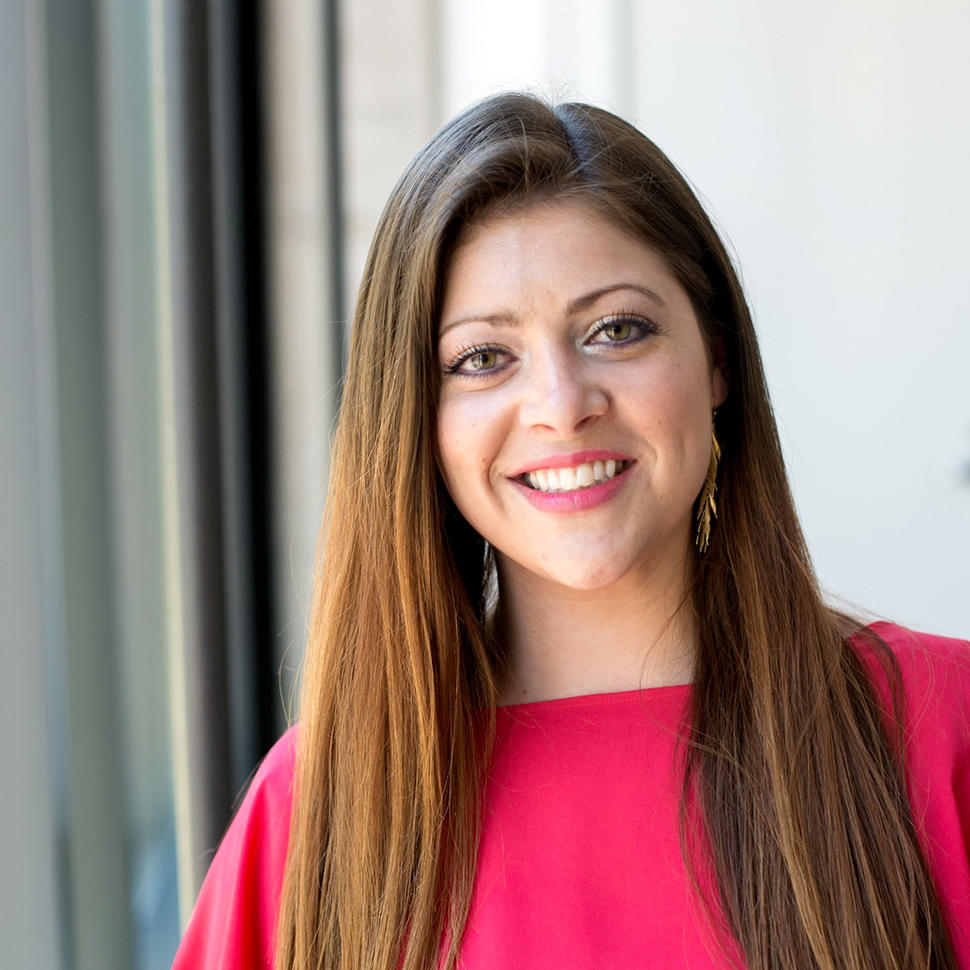Postdoctoral Fellow, Integrative Tumor Epidemiology Branch at NCI
While her interests span from baking to bouldering, Dr. Aubrey Hubbard has built her career around her love of science and working with children.
Aubrey studies the influence of genetics on who gets cancer during childhood. She examines DNA samples to find genetic variation that drives rare cancers, such as germ cell tumors and Ewing sarcoma. But because these cancers are rare, finding enough samples to make meaningful comparisons is difficult.
“During my early work, I simply did not have enough samples to detect new associations between genetics and cancer risk,” Aubrey said. As widespread data sharing takes hold through initiatives like CCDI, researchers will have access to more samples, empowering them to find relationships between childhood cancers and genetics. “Cancer is not one disease,” she said. “Data sharing could allow researchers to examine specific cancer subtypes and lead to research progress on tumor types with the worst outcomes.”
